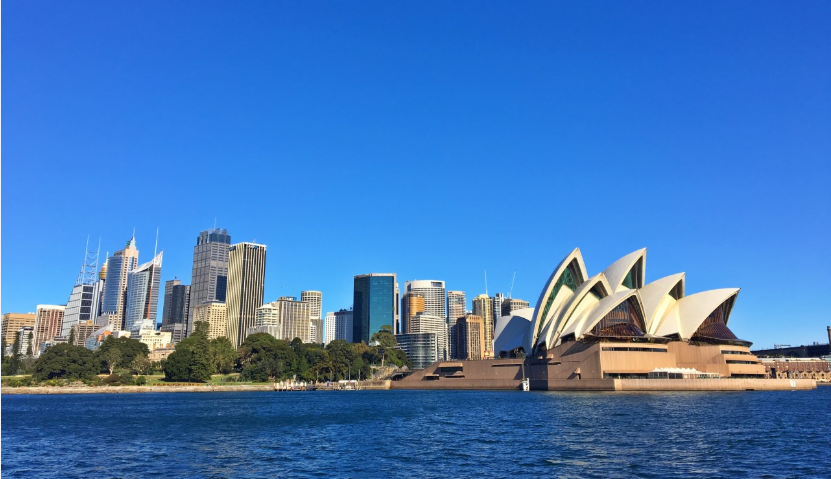Advertising vs. PR: Can You Spot the Difference?
Advertising and Public Relations are commonly confused as being one in the same. However, these two industries are actually very different.
To understand how they vary, here are some distinctions that scratch the surface:
- What you pay for
- Advertising: The company pays for ad space and has creative control over what goes into the ad.
- PR: Your job is getting free media exposure for the company, which means you do not have control over how the media presents your information.
- Shelf life
- Advertising: Ads have a longer shelf life because they can be run over and over again. You’re paying for the space, so you can choose how many times your ad is shown.
- PR: One and done. Press releases and other PR exposure is not typically replicated.
- Contacts
- Advertising: Main contacts at an ad agency consist of your co-workers and the clients of the agency.
- PR: In Public Relations, your contacts are not limited to in-house. You are also in constant contact with multiple media outlets.
- Target audience vs. hooked editor
- Advertising: You have to advertise accordingly to who your target audience is or else your ad will be useless.
- PR: Before the audience even sees your work, you must first capture the attention of the editor. The fate of your press release or the coverage of your event lies in their hands.
- Visuals
- Advertising: Advertisements revolve around images with a few buzz words.
- PR: Public Relations focuses on language. Whereas ads give off the notion to simply “buy this product”, PR expresses the importance of what is being presented.
- Believability
- Advertising: Through ads, you are essentially paying to tell people how great you/your products are.
- PR: With publicity, others are praising you. This carries much more credibility due to the fact it is being told through a third-party endorsement.







